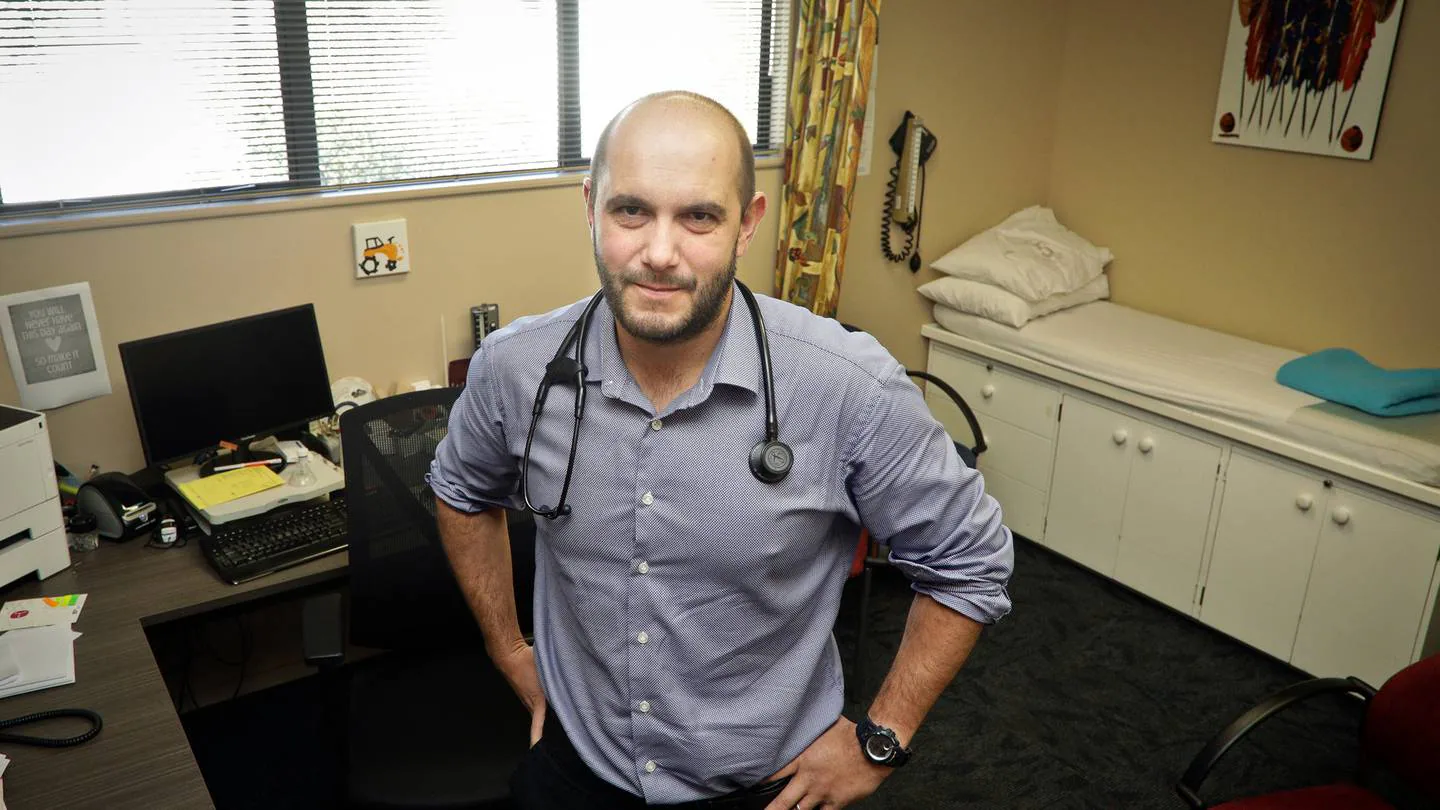Summer festivalgoers and organisers alike are being urged to be vigilant about Covid-19, with case numbers likely to stay elevated for many weeks to come.
More than 6550 new cases were reported last week, while 355 people were in hospital with the virus as at midnight on Sunday – or three times the number observed mid last winter.
Most clinics were continuing to see new infections each day, with patients varying widely by age and symptoms, Royal NZ College of General Practitioners medical director and Tauranga GP Dr Luke Bradford said.
“It’s definitely still prevalent out there... in just the last week I’ve dealt with a four-month-old and a 98-and-a-half-year-old.”
While hospitalisation numbers now appeared to be tracking downward – and the most recent wastewater surveillance data also showed virus levels beginning to dip in late December after hitting a year-long high – it was too early to say whether New Zealand’s fifth Covid-19 wave had peaked.
“We could just be seeing a bit of a bump – but hopefully levels don’t go much higher than they are now,” Covid-19 modeller Professor Michael Plank said.
A key factor was how prevalent the highly transmissible JN.1 - the fastest-growing Omicron subvariant seen all year – had become over the holiday break, he said.
If it had continued growing at the rate it was a month ago, JN.1 could now be responsible for more than half of infections – making it the most dominant variant since BA.5 powered 2022′s major winter wave.
“If that’s the case, then it probably doesn’t have more room to push numbers up, going into the rest of January.”
Either way, Plank said it could take some time for the wave – the largest since the previous summer’s - to subside.
“Last year, we saw numbers decline fairly steeply over January and February. This wave had a slower build-up, so it may have a slower decline as well.”
Otago University epidemiologist Professor Michael Baker expected to see higher numbers of infections to continue in the meantime.
“Looking at hospitalisations, I think we’d be looking at a month or possibly two before we see a return to a new baseline,” he said.
/cloudfront-ap-southeast-2.images.arcpublishing.com/nzme/HFUVMCQ2YBCFJDIKTTHA2TAFSA.JPG)
“If the wave descends as rapidly as it rose, then you’ve still got half of your cases to come.”
The dozens of Covid-19 infections reported from a Scouts jamboree at Hamilton’s Mystery Creek highlighted the risk of the virus spreading at large events where crowds were mixing and mingling.
Baker said event organisers should be urging people not to attend if they had symptoms, while providing well-ventilated venues and having plans and measures in place to manage people who did become sick.
“Anyone who’s organising any gathering needs to think about Covid – it’s no different to host responsibility when it comes to driving.”
Amid lingering questions about the dangers of reinfection – including the risk of developing Long Covid – Baker warned people not to be complacent about the virus.
Boosters remained freely available to everyone aged over 30, along with those aged 16 and over who were pregnant, and those aged 12 to 29 who were at higher risk of severe illness.
Te Whatu Ora data showed there was still steady demand, with more than 24,300 people receiving their third boosters last week – or five times the number administered weekly in the months before the wave.
“People who are high-risk – certainly older people or those with underlying conditions – shouldn’t be waiting for the new boosters if they’re eligible to get the current vaccine now,” Bradford said.
“It will boost your antibodies and your protection.”
Bradford also encouraged at-risk people to consider antiviral medicines, which could be freely prescribed to eligible people.
“If you’re testing positive and you’re over 65 or have a number of medical conditions, let your doctor know, as you may be suitable for antiviral which can lessen the impact of illness,” he said.
“If you’re younger and fitter, it’s about making sure you rest, take lots of fluids, use paracetamol and stay away from people so you don’t infect them.”



